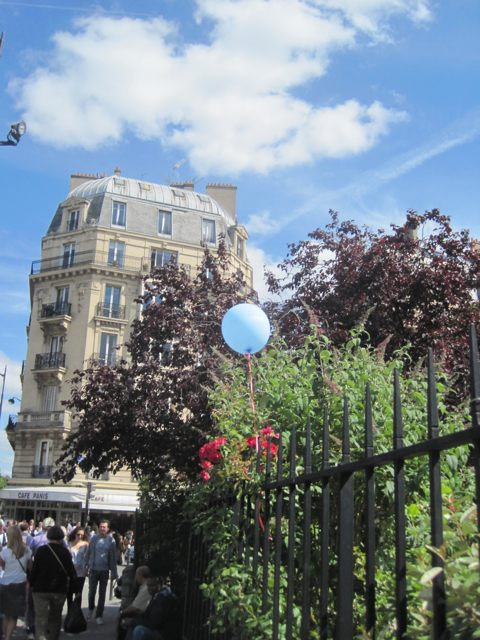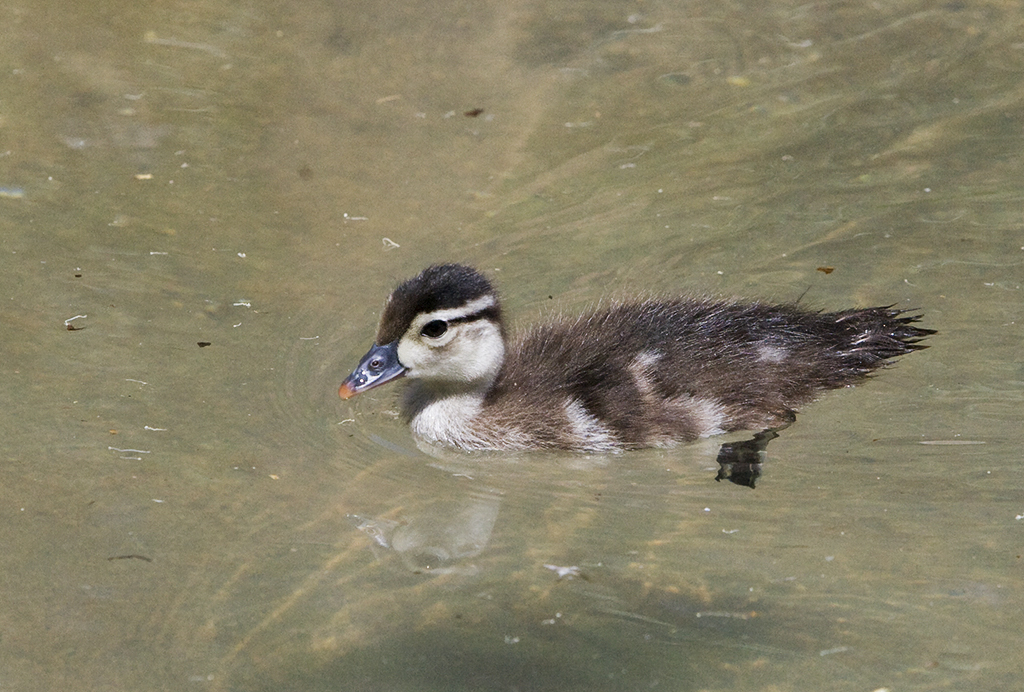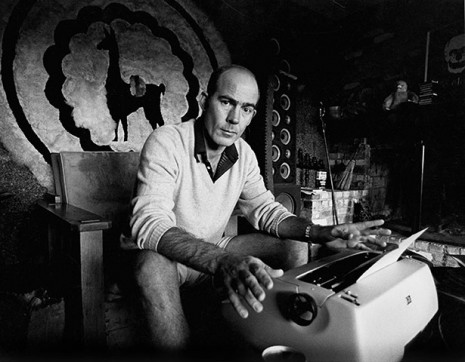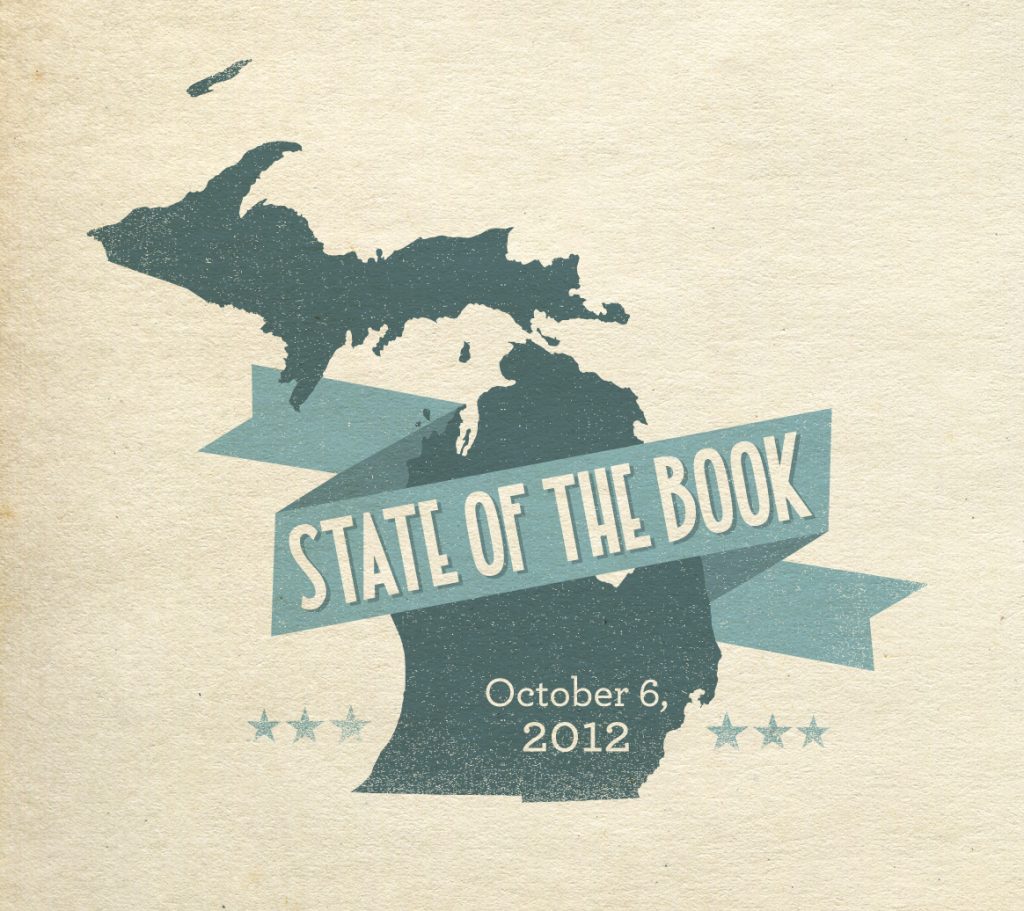Fun: A Manifesto
by Claire Skinner
Above all else, a poem must be fun. Even poems that deal with decidedly not-fun topics (death, disaster, cruelty) must have elements of joy.
Fun. Not exactly a word thrown about in academic circles or in serious reviews of serious poetry. But, if a poem’s not fun, the likelihood of me finishing it (or enjoying it) are slim to none.









